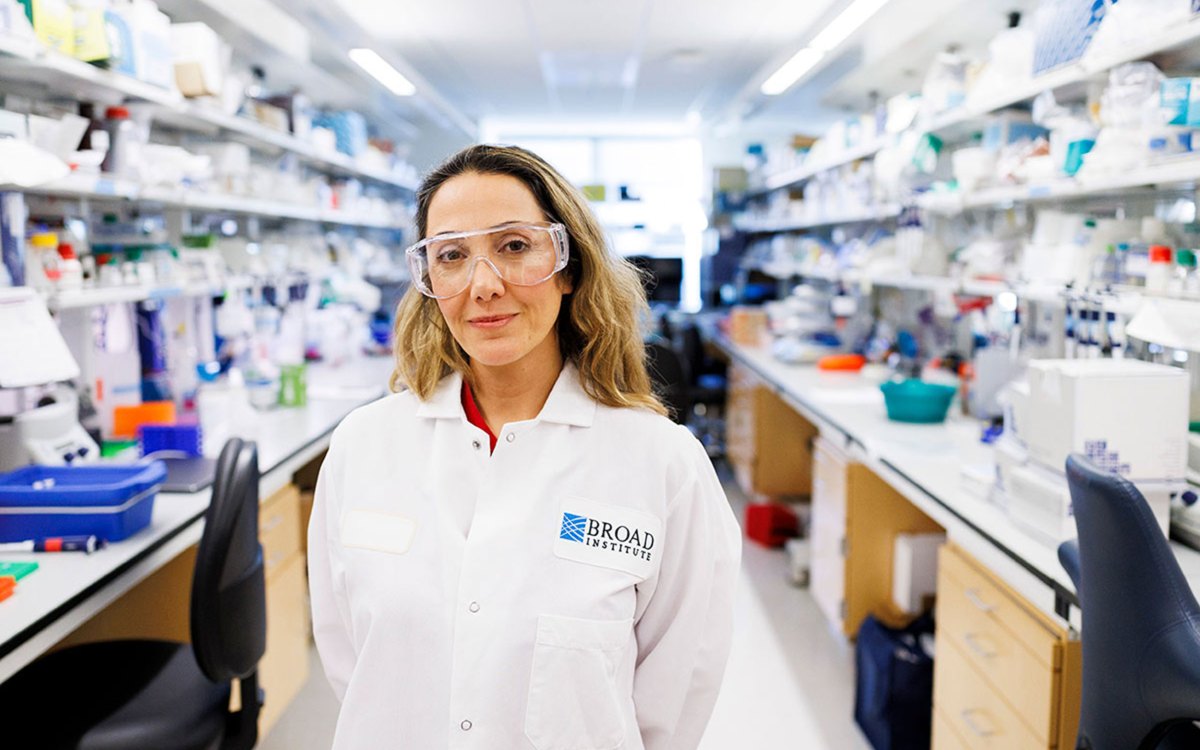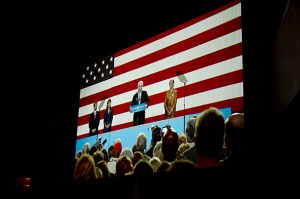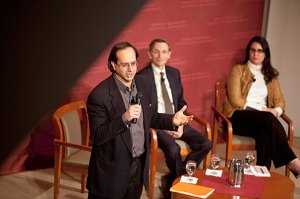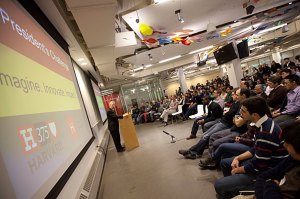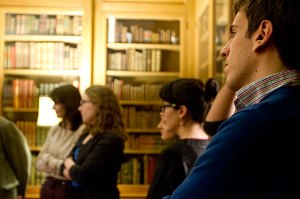All articles
-
Science & Tech
On climate issues, look to states
The head of California’s air pollution regulatory board said Feb. 27 that with climate change action stalled in Washington, D.C., the states are taking the lead in creating ways to reduce carbon emissions.
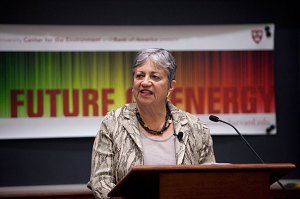
-
Health
Cells that kill HIV-infected cells
Harvard researchers find that a subpopulation of the immune cells targeted by HIV may play an important role in controlling viral loads after initial infection, potentially helping to determine how quickly infection will progress.
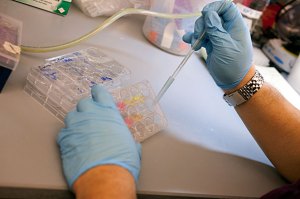
-
Arts & Culture
Lady Gaga visits Harvard
Harvard students braved the snow to welcome Lady Gaga to campus.
-
Campus & Community
Faculty Council meeting for Feb. 29
At the Feb. 29 meeting of the Faculty Council, its members approved proposals for a Ph.D. program in education and to change the schedule of regular meetings of the Faculty in the Rules of Faculty Procedure.
-
Campus & Community
Lady Gaga, Winfrey target bullying
Lady Gaga and her mother Cynthia Germanotta launched the Born This Way Foundation, a youth empowerment initiative, at Harvard’s Sanders Theatre on Feb. 29.
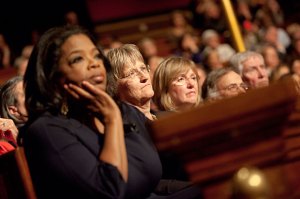
-
Arts & Culture
A work supreme
During a lecture that is part of a series of master classes sponsored by Harvard’s Mahindra Humanities Center, Harvard Professor Ingrid Monson explored the genius behind John Coltrane’s 1965 jazz album “A Love Supreme.”
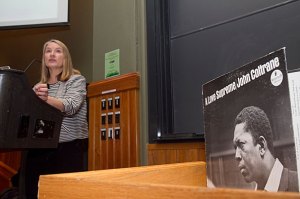
-
Campus & Community
‘Your Medical Mind’ explored
The third John Harvard Book Celebration Lecture featured Harvard doctors and best-selling authors Jerome Groopman and Pamela Hartzband, who tackled the topic “Your Medical Mind: How to Decide When Experts Disagree.” The next lecture is March 1 at the Parker Hill Branch of the Boston Public Library in Roxbury.
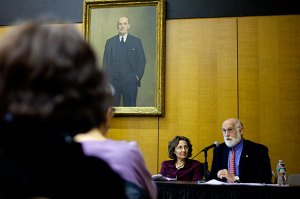
-
Nation & World
Feminism, now stalled
A Harvard law professor, former judge, and ardent feminist points to the cultural impediments that have stalled feminism’s quest for an equal workplace.
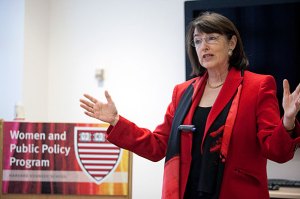
-
Nation & World
Shining a spotlight into darkness
Acclaimed documentary filmmaker Helen Whitney opens a three-day series of William Belden Noble lectures titled “Spiritual Landscapes: A Life in Film.” Her work draws out examples of how faith can foster not only inner peace, but also public turmoil.
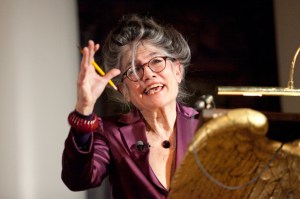
-
Science & Tech
Circumstances that color our perception
Dozens of Harvard faculty and students gathered at Emerson Hall on Feb. 23 to ponder the nature of perception with Ned Block, the Silver Professor of Philosophy, Psychology and Neural Science at New York University (NYU) and one of the country’s leading thinkers on consciousness. Block’s lecture, “How Empirical Facts about Attention Transform Traditional Philosophical…
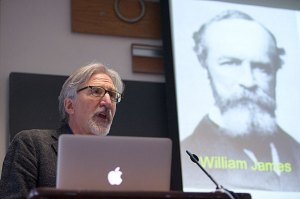
-
Science & Tech
Funding success, and finding it
Four years ago, Harvard’s Office of Technology Development launched its Accelerator Fund, a $10 million revolving account to be used as a bridge across the “valley” between creation and development. The fund is proving to be just such a bridge.
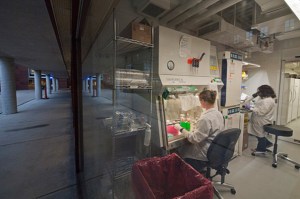
-
Campus & Community
Legend is recognized
Nine-time Grammy winner John Legend was serenaded by Harvard singers and had a front-row seat to the student dance performances at the 27th Cultural Rhythms, an annual festival hosted by the Harvard Foundation, on Feb. 25.

-
Campus & Community
Vogel wins Gelber Prize for book
Henry Ford II Professor of the Social Sciences Emeritus Ezra F. Vogel has won the 2012 Lionel Gelber Prize for his book “Deng Xiaoping and the Transformation of China.”
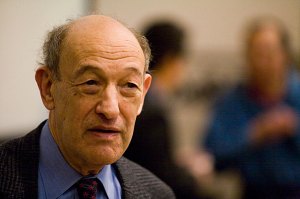
-
Campus & Community
Guardian editor to lecture, receive honors
Alan Rusbridger, editor of the British-based Guardian newspaper, will address an audience of students, faculty, journalists, and members of the public on March 6 at the Harvard Kennedy School.
-
Health
Evolutionary question, answered
A new paper shows that earlier studies of the peppered moth are “completely correct” — the moths evolved darker coloration via natural selection to better camouflage themselves during the height of the Industrial Revolution, then evolved back to their natural, mottled black-and-white color as air quality improved.
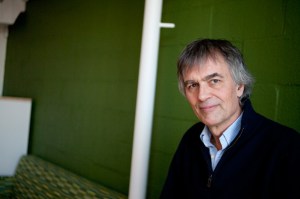
-
Campus & Community
Five named Sloan Fellows
Five professors have been named Sloan Fellows by the Alfred P. Sloan Foundation.
-
Campus & Community
May 14 memorial for David Wheeler
A memorial service has been set for longtime A.R.T. resident director David Wheeler, who died Jan. 4.
-
Science & Tech
Model situation?
Researchers at the Harvard School of Engineering and Applied Sciences (SEAS) have shown that the primary explanation for the reduction in CO2 emissions from power generation that year was that a decrease in the price of natural gas reduced the industry’s reliance on coal.

-
Campus & Community
Penn stuns Harvard, 55-54
The Harvard men’s basketball team controlled much of the second half, but Ivy League rival Penn scored 15 of the last 20 points to stun the Crimson, 55-54 on Feb 25. The Crimson face Columbia on March 2.
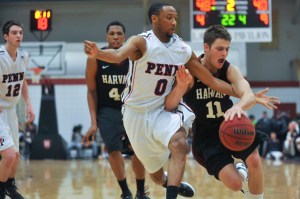
-
Health
Genetic mechanics
As reported in the online version of Nature Structural & Molecular Biology on Feb. 5, researchers have produced 3-D images of the protein system that works to repair DNA. The images reveal that the proteins can actually alter their shape in what amounts to a genetic “pat-down,” or a way for the mechanism to identify…
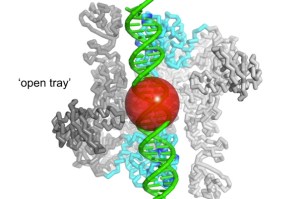
-
Science & Tech
Nanoparticles shine with customizable color
Engineers at Harvard have demonstrated a new kind of tunable color filter that uses optical nanoantennas to obtain precise control of color output. The advance has the potential for application in televisions and biological imaging, and could even be used to create invisible security tags to mark currency.

-
Campus & Community
Historian’s book a prize finalist
Professor Maya Jasanoff is one of three finalists for the $50,000 George Washington Book Prize for “Liberty’s Exiles: American Loyalists in the Revolutionary World,” published by Knopf.
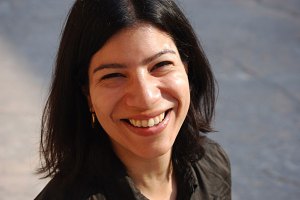
-
Health
In the genes, but which ones?
A team of researchers, led Harvard Professor David I. Laibson and Christopher F. Chabris of Union College, has found that virtually all claims that intelligence is associated with specific genes are wrong.

-
Campus & Community
Eight from Harvard headed Down Under
The Harvard Club of Australia Foundation has announced fellowship awards to eight accomplished Harvard researchers intending collaborative scientific research in Australia during 2012, and to two Australian researchers headed to Harvard.
-
Campus & Community
Sabeti named Young Global Leader
Assistant Professor of Organismic and Evolutionary Biology Pardis Sabeti has been selected as a Young Global Leader by the World Economic Forum.
